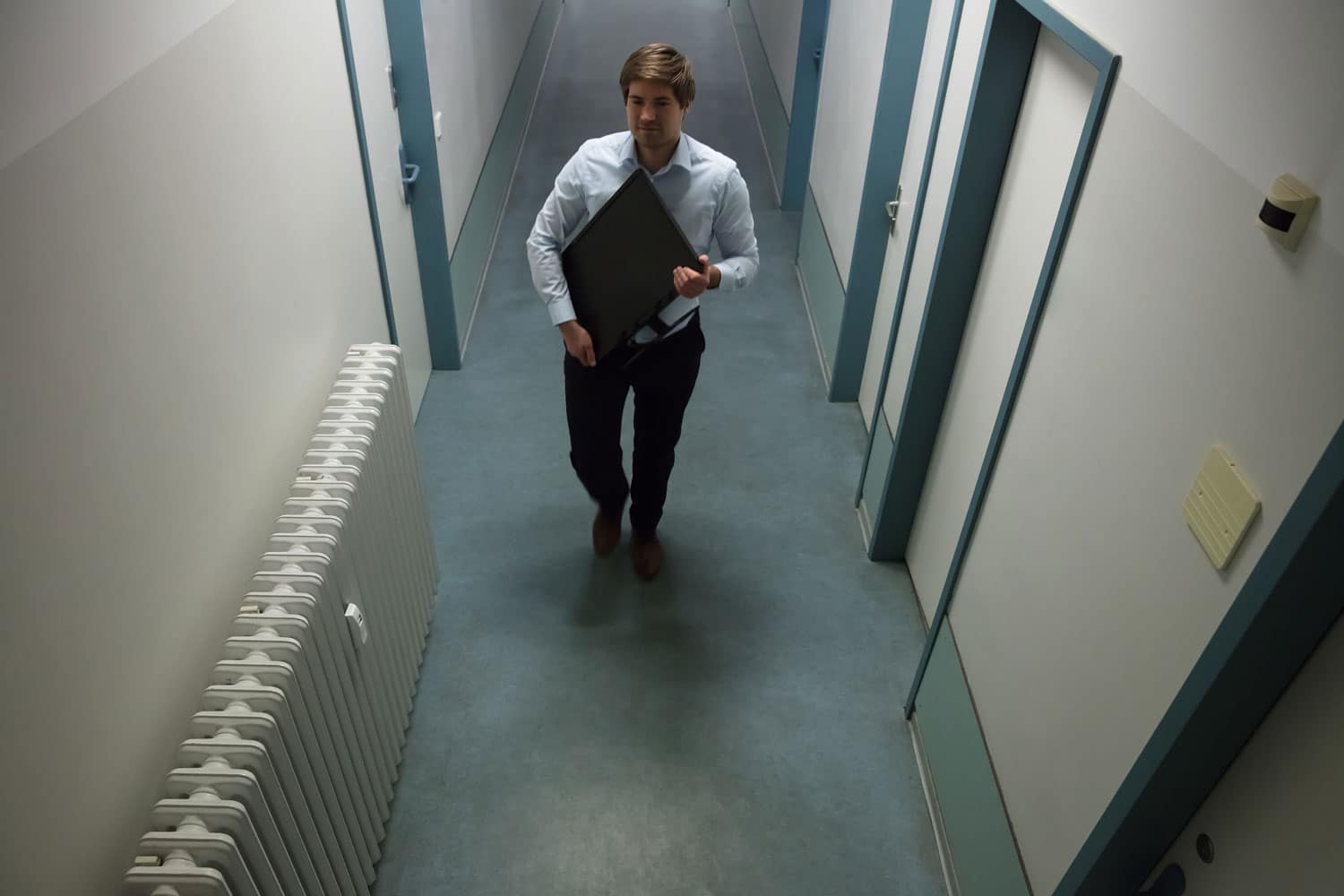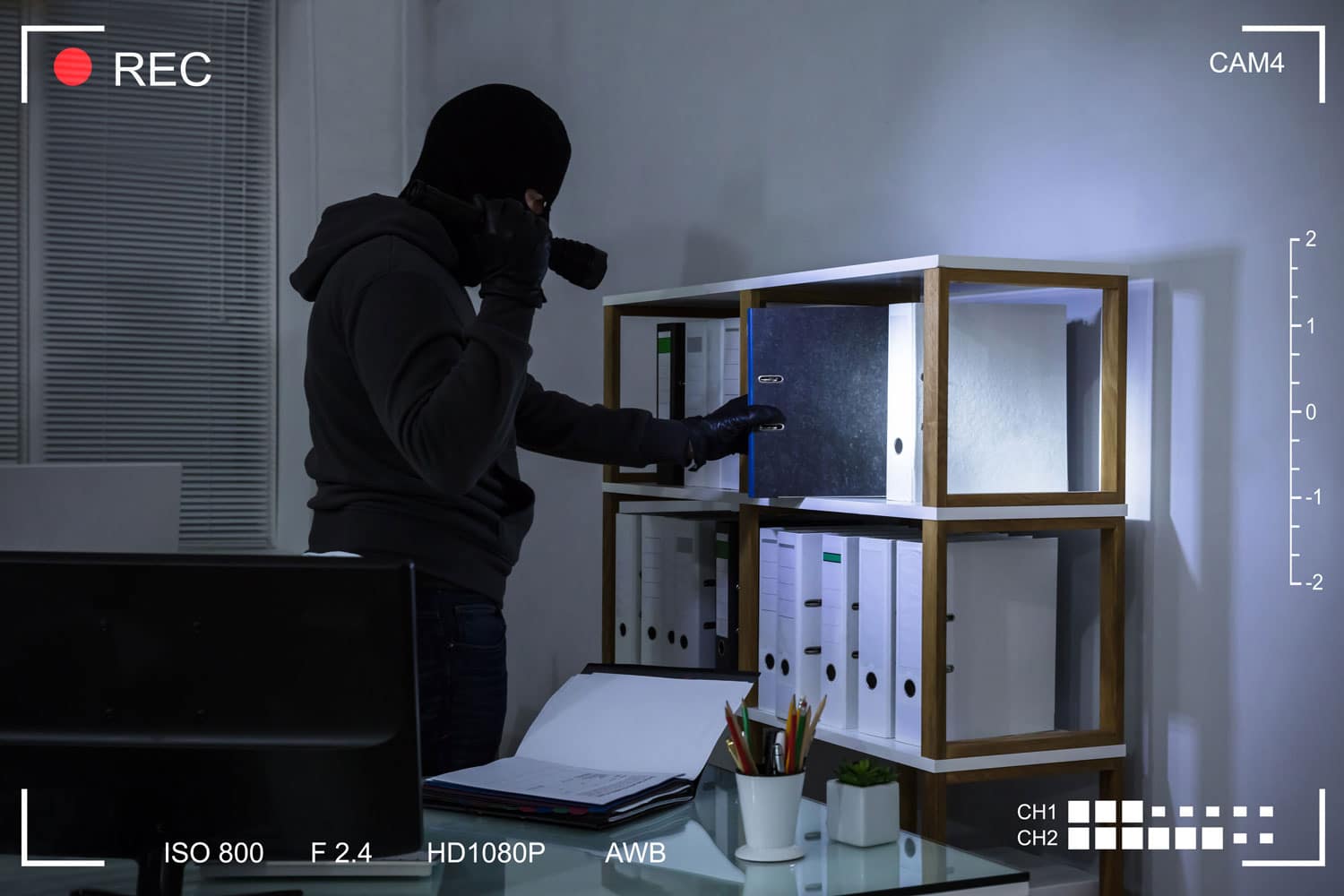Installing surveillance cameras in the workplace gives employers a big dilemma: How can they monitor their business while providing a welcoming environment? And how do they keep their assets safe while respecting employee privacy?
The answer is to manage expectations and establish legal compliance while minimizing risks. Here’s how to create a policy for workplace surveillance that will balance sometimes-competing goals.
Please note: We are surveillance experts, not legal experts! We hope you will find this blog helpful and informative in starting to write your workplace surveillance policy, but we heavily recommend consulting with experienced legal professionals as well to find out what the specific laws are in your state.
Workplace Video Surveillance Laws to Consider
Employee Rights
Filming employees at work may violate right-to-privacy laws. Three important legal precedents exist that allow employers to legally set up surveillance cameras in the workplace:
- The company has a legitimate need to conduct surveillance.
- The areas under surveillance are public.
- Employees know about the surveillance.
The laws around workplace surveillance differ by federal, state, and local jurisdictions, so it’s important to review these regulations with your attorney or HR team to be sure you are compliant when crafting your workplace video surveillance policy.
Given that employers are worried about everything from workplace injuries to social distancing in a public-health crisis, on top of ordinary theft, there are dozens of reasons to have security cameras on site. But these efforts can backfire, not just legally, but also with employee / employer relationships. If you do not build, follow, and enforce a proper security policy as a guideline for your actions, you might run into trouble.
Employers are obligated to provide a safe workplace for their workers and assets, so setting up video surveillance makes perfect sense. The Society for Human Resources (SHRM) suggests:
“HR should ensure that the monitoring is narrowly tailored, that the need for the
monitoring is supported by a legitimate business justification and that employees understand they have no reasonable expectation of privacy when they are using
employer-provided equipment and systems.”
In addition to monitoring email, group chat, and other types of employee uses of employer equipment, video surveillance monitoring is both necessary and common; more than half of U.S. employers have installed video surveillance systems.
To protect both the company and the employee from privacy concerns, employers should craft a workplace video surveillance policy that:
-
Uses video surveillance only when justified by a legitimate business need, such as deterring theft or protecting workers from violence.
-
Limits surveillance to serve the aforementioned business need.
-
Makes cameras easily visible for workers.
-
Notifies employees in writing if hidden cameras will be used.
-
Asks employees to sign off on video surveillance, optimally as part of the HR manual of policy and procedures.
-
Avoids surveillance where employees expect privacy, such as the restroom or locker rooms.
-
Complies with federal and state wiretapping laws.
-
Complies with any collective bargaining provisions on video surveillance, where applicable.
-
Prohibits the use of video surveillance to track or thwart any labor organizing practices.
-
Avoids surveilling specific employees in a way that could be considered retaliatory or discriminatory.
-
Follows local, state, and federal laws.
-
Trains supervisors to understand and respond to questions of workplace legality and ethics surrounding video surveillance.
-
Limits access to security footage and treats it as confidential.
-
Adopts rules that dissuade unintended or unethical use of video surveillance footage.
Pro-Vigil for Vigilant Video Surveillance
If your company determines the time is right to install surveillance cameras in the workplace, Pro-Vigil can help with some of the most sophisticated video equipment today. We are the trusted installer of tools that protect your business, with an unparalleled track record of protecting our customers while mitigating their risk. Talk with the Pro-Vigil team today—we can help.









